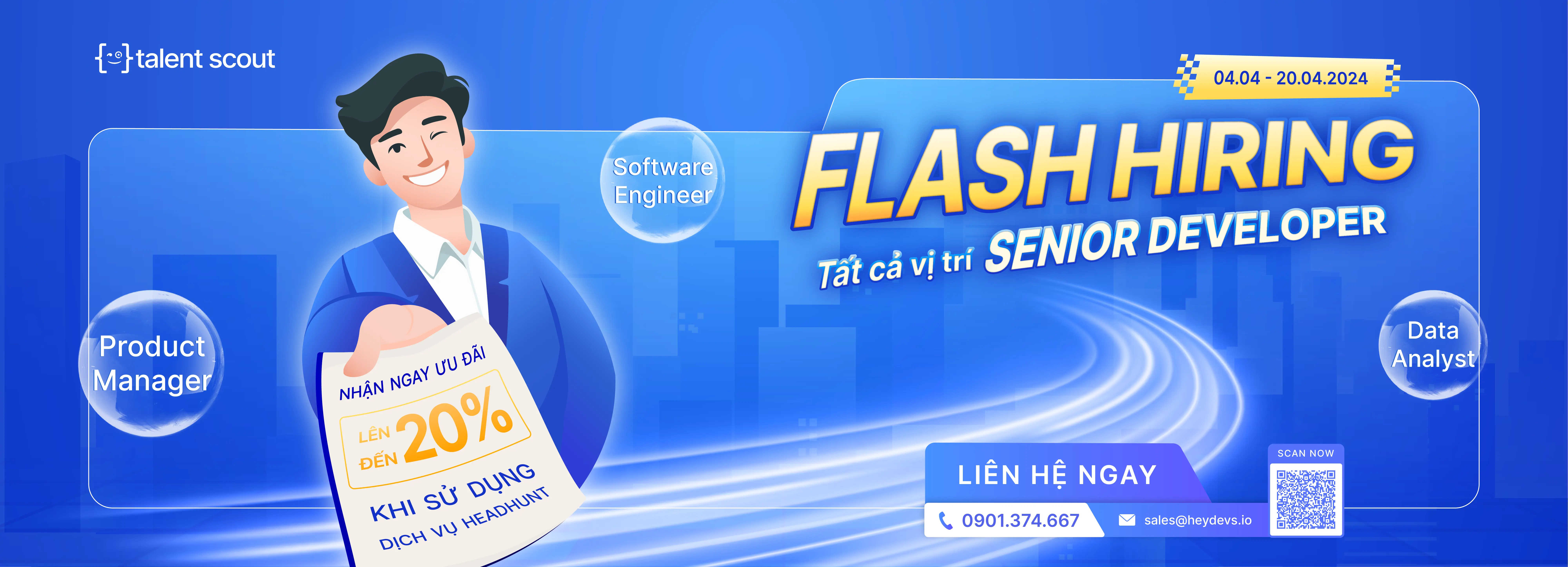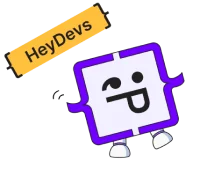
Unconventional Hiring Practices and Challenges in Big Tech
...overly extensive testing often overlooks other key components including the soft skills of the candidate and their ability to learn on the job.
The hiring practices of tech giants have come under scrutiny in recent years. Stories of highly skilled engineers being rejected despite their contributions to the industry have sparked discussions around the effectiveness and limitations of traditional interview processes. Additionally, companies like Meta (formerly Facebook) are adopting unconventional hiring strategies to attract and retain top AI talent. Let’s explore some of these hiring practices and the challenges faced by both candidates and big tech companies.
Google's Rigorous Interview Process
In 2015, Max Howell, the creator of Homebrew, a popular package manager for macOS and Linux, faced rejection from Google despite the significant impact of his creation. Google's renowned interview process, known for its challenging data structures and algorithms problems, deemed Howell unfit for their standards. This example highlights how even highly skilled engineers can struggle to meet the expectations set by tech giants.
Recruiters need to tow a fine line between vetting and torture! For many job applicants, an overly rigorous hiring process can be a deterrent, with a chance to lose out on top talent who becomes frustrated by an overly long interview process, or accepts an offer from a competitor before the process is done. Asking potential hires to do hours upon hours of tests and interviews, when there is a chance they won’t be hired, is inefficient for job seekers with many options or who need a new job quickly.
Meta's Unconventional Hiring Approach
Meta, led by CEO Mark Zuckerberg, has taken a unique approach to hiring in the AI field. Reports suggest that Zuckerberg personally reaches out to Google DeepMind researchers to recruit them, as Meta focuses on generative AI. The company has also increased compensation for employees who pose a flight risk. Despite these efforts, Meta faces challenges in attracting AI talent due to lower salary offerings compared to competitors like OpenAI, Microsoft, and Google.
This is a risky strategy, but was very common just decades ago, where employers simply used a worker's work experience to gauge if they had the experience and skills to fit a position. This certainly streamlines hiring, but increases the risk of someone getting hired who can’t fill a specific skill role.
Insights into Google's Hiring Process
Industry professionals have shared their experiences with Google's hiring process. Owen Rubel, an original member of the Amazon team, indicated that Google tends to reject candidates who don't fit their predefined criteria. Candidates like James Cook and Bob Freitas have criticized the interview process for focusing on theoretical problems that have little relevance to real-world job requirements.
Additionally, overly extensive testing often overlooks other key components including the soft skills of the candidate and their ability to learn on the job. Problems therefore arise when these practices become standard. Overly experienced candidates might feel no need to prove their worth and let their past success and work history speak for itself, and often find such rudimentary testing to be annoying and irrelevant.
The Demand for Mediocre Talent in Big Tech
A concerning trend in big tech companies is the preference for candidates who excel in theoretical problem-solving rather than those who can tackle real-world business problems. Some employees claim that companies like Amazon intentionally push away engineers every two years, expecting them to find jobs elsewhere or face being laid off. This strategy allows these companies to hire low- or mid-level developers who maintain existing systems while saving costs.
Not that every hire has to be the greatest tech talent ever found! Business involves people of every skill level, often with different interpersonal skills. Standardizing the interview process can create an effective hiring strategy, but only for the type of talent that will respond well to that type of testing.
Challenges and Opportunities for Job Seekers
The traditional hiring processes employed by big tech companies have led many candidates to explore alternative opportunities. Many engineers are finding better prospects in smaller companies that value their skills and offer competitive compensation. This suggests that challenging times for big tech can be a great opportunity for startups that will flourish in the future.
Conclusion
The hiring practices of big tech companies have received criticism for their rigorous interview processes, which sometimes overlook highly skilled candidates. The demand for talent in the tech industry opens doors for job seekers to explore alternative opportunities in smaller companies which implement more open hiring strategies. As the landscape evolves, it remains to be seen how big tech companies will adapt their hiring strategies to attract and retain the best talent in the field.
About HeyDevs
HeyDevs is a revolutionary new platform that empowers developers to take control of their careers, connect with other developers and find job opportunities that align with their goals and interests, without ever needing to apply for a single job! With HeyDevs, companies compete for you, not the other way around.
For developers, HeyDevs offers invaluable resources including our specialized swipe-to-work function, anonymous profile, CV builder, and customizable search criteria, with the ability to connect and chat with prospective employers completely on-site. For businesses, HeyDevs offers tools to maximize the recruitment process, saving time and money, with a talent pipeline that streamlines a majority of the hiring process directly on the platform, eliminating the need for recruiters or headhunters so the hiring process can be handled with HeyDevs as the only medium between employer and candidate, all powered by smart matching to ensure the most relevant matches are provided first. HeyDevs is a truly unbiased hiring platform, delivering a diverse pool of talent that hides information such as avatar, age, and gender, focusing solely on experience and skill, and paving the way for a more inclusive workplace.





